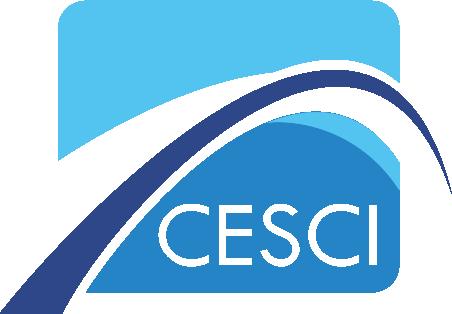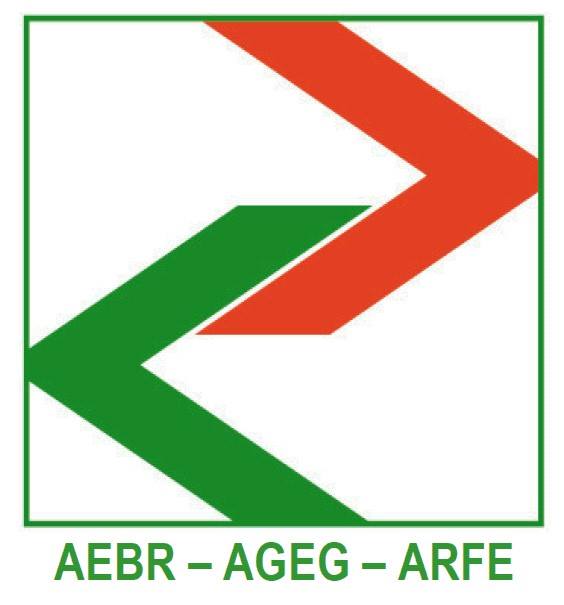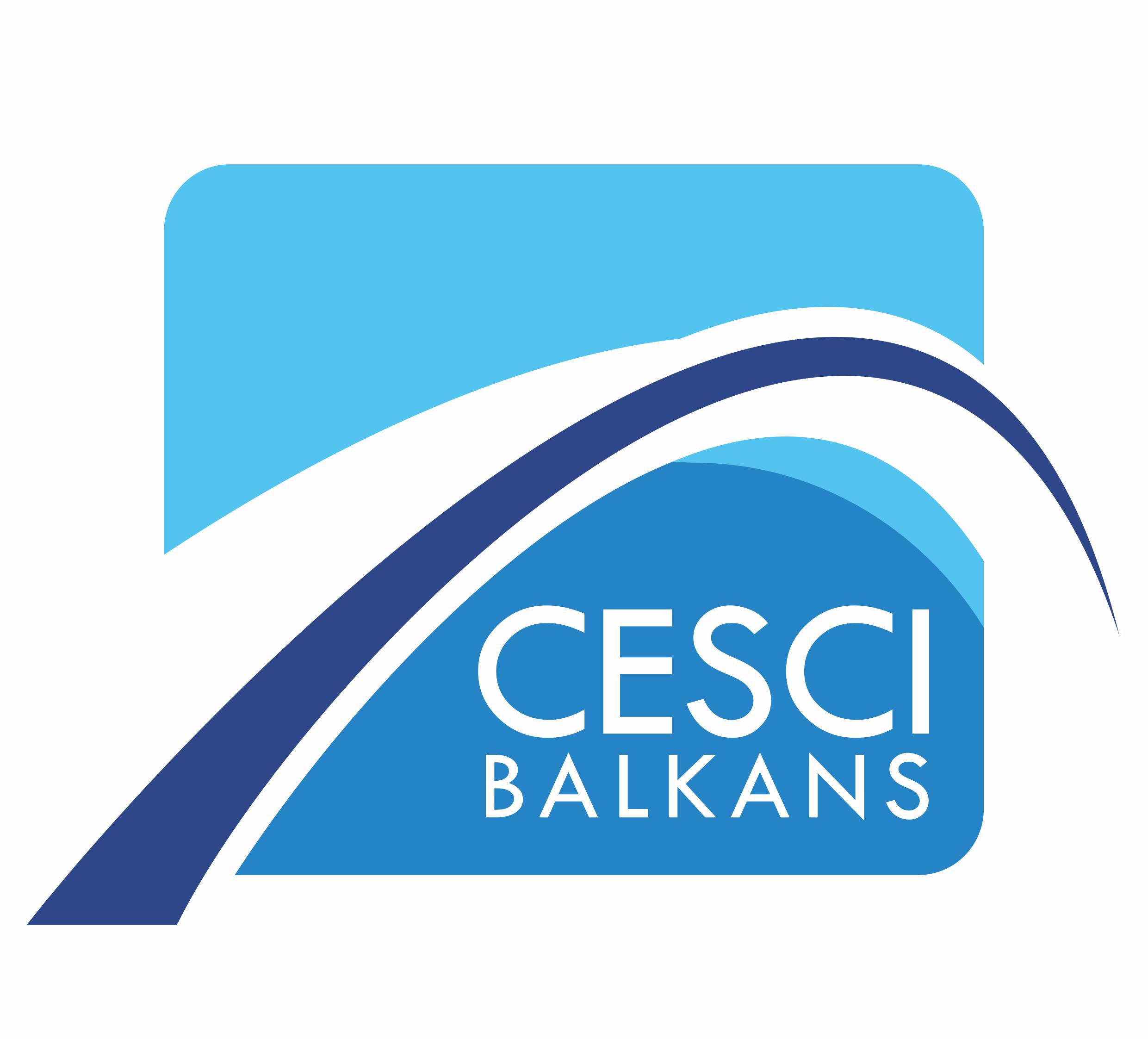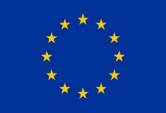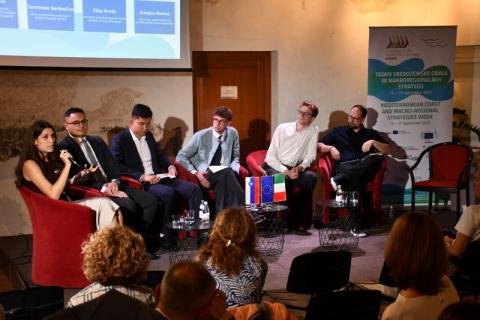
The opening ceremony of the 10th Mediterranean Coast and Macro-Regional Strategies Week marks both a commemoration of past successes and an invitation to discuss future challenges. Over the last ten years, this event has grown into a key forum for collaboration, knowledge exchange, and coordinated action to promote sustainability throughout the Mediterranean region.
To strengthen this cooperation, representatives from all four EU macro-regional strategies – the Baltic Sea, Danube, Alpine, and Adriatic-Ionian Regions – are joining forces with policymakers, experts, academics, civil society, and the public. Together, they aim to raise awareness about the importance of coastal areas and sea basins and stress the urgent need to balance economic development with environmental protection.
During the opening ceremony, Mr. Milan Bogatič, Mayor of Izola, and Ambassador Barbara Žvokelj, Secretary-General at the Slovenian Ministry of Foreign and European Affairs, highlighted the importance of strategic planning and open dialogue. They noted that such coordination is essential to tackling challenges effectively at local, national, and European levels. Although the benefits of macro-regional strategies may not always be immediately visible, they act as a bridge between EU policies and citizens’ needs, delivering meaningful value for both member states and candidate countries.
The high-level opening panel focused on the future of Cohesion Policy beyond 2027, featuring both local and international speakers. The EU’s macro-regional strategies have already demonstrated their ability to strengthen cross-border cooperation, yet there is still untapped potential to further align policies and amplify results. Looking ahead, the Cohesion Policy – especially through the Interreg programme – offers significant opportunities to deepen territorial collaboration within the EU and with neighboring partners.
A dedicated panel also examined how EU Macro-Regional Strategies contribute to the EU enlargement process. Speakers underlined that macro-regional cooperation creates added value by building trust, accelerating alignment with EU legislation (acquis), and jointly addressing cross-border challenges. Embedding macro-regional priorities into national strategies maximizes the effectiveness of EU funding, avoids fragmented investments, and promotes a coordinated approach to enlargement. Actively involving stakeholders from candidate countries enhances their capacities, prepares them for future membership, and establishes enduring networks that strengthen European stability and growth.
The youth session underscored the critical importance of engaging young people in shaping Europe’s future. Across all four macro-regions, young entrepreneurs face challenges such as scarce funding, limited networking opportunities, and insufficient innovation infrastructure. Panelists showcased creative solutions, including apps designed to boost financial literacy and motivation, sustainable fashion projects reconnecting youth with nature, and digital tools that simplify everyday life. These initiatives demonstrate how young innovators are addressing real-world problems while connecting communities across borders and generations.
The discussion concluded that ensuring a good quality of life, strong education systems, and security is key to retaining populations, while competitiveness depends on private investment, streamlined administration, and cross-border cooperation. Smarter financing, robust innovation ecosystems, and meaningful youth participation are crucial to empowering the next generation and driving Europe’s sustainable future. The session closed with a unifying message: “Let’s build the future together – bring our EU dream home.”

